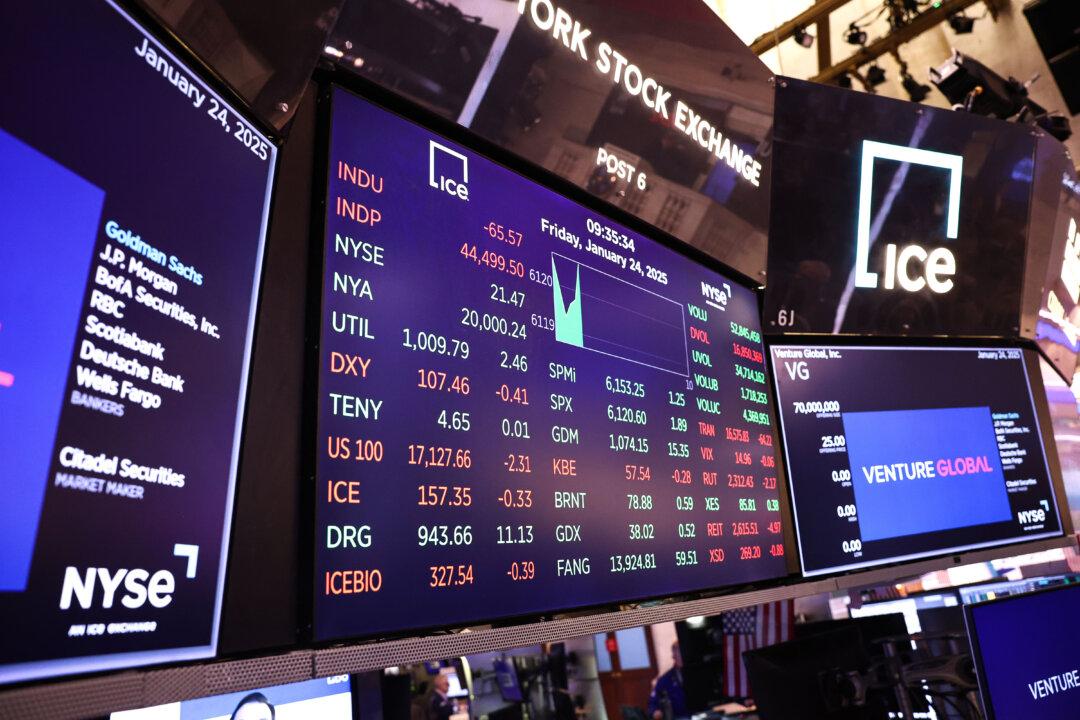News Analysis
After a brief rally the previous week, U.S. stocks sold off again last week, led by small caps, amid new signs of rising inflation and slowing consumer spending. Investor disappointment over the Fed’s conservative monetary policy outlook and anxiety over Nvidia’s earnings next week added to the selling pressure.





